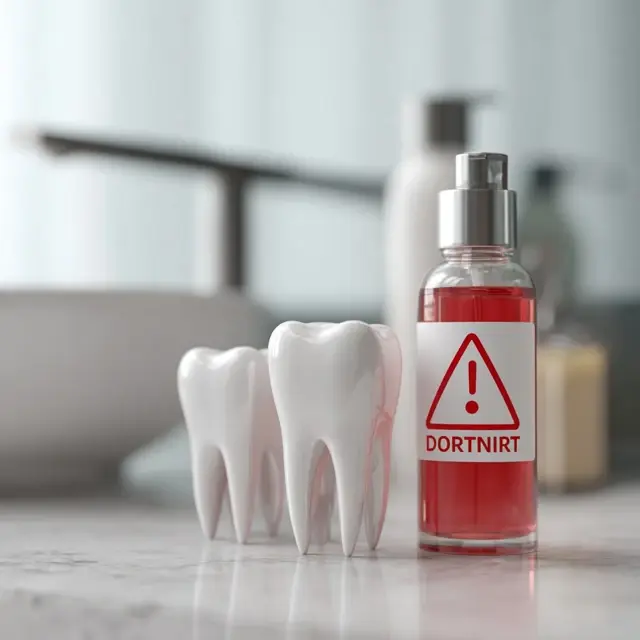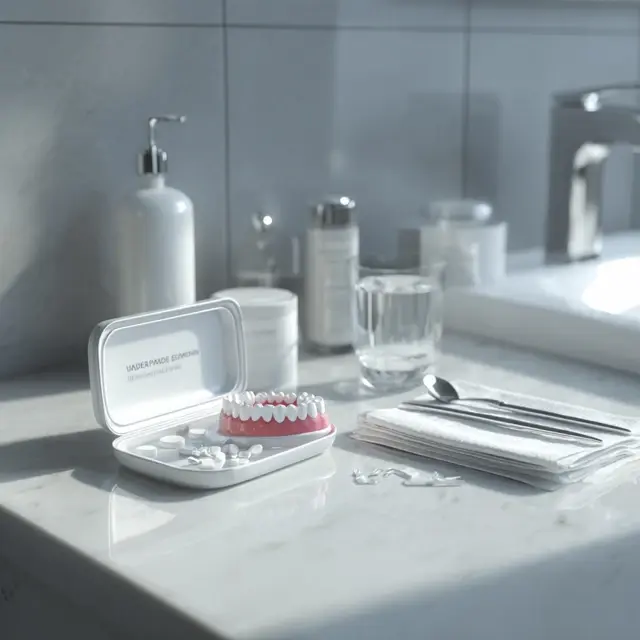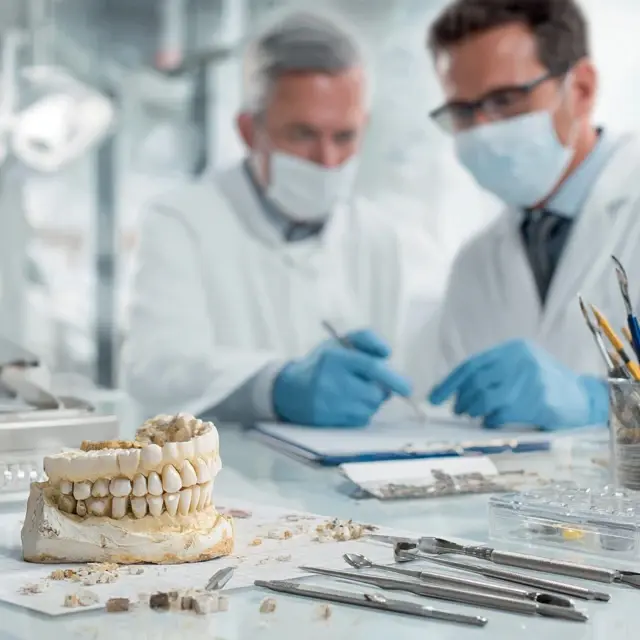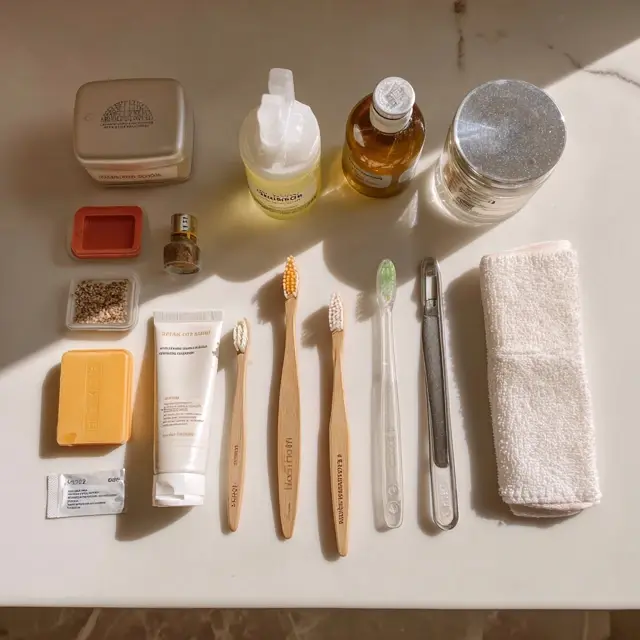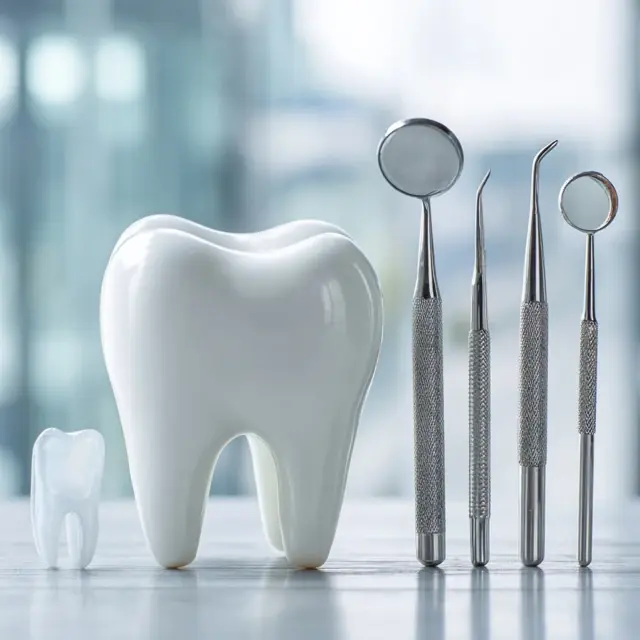When Not to Use a Tooth Repair Kit at Home
A tooth repair kit can be a practical solution for minor dental emergencies, but it’s not always the right choice. These kits are designed for temporary fixes, and using them in the wrong situations can make dental problems worse. Knowing when not to rely on a kit is just as important as knowing how to use one safely.
Why You Shouldn’t Overuse Tooth Repair Kits
While convenient, tooth repair kits are not substitutes for professional dental treatment. Overusing them can delay necessary care, allow infections to spread, and lead to more costly or invasive procedures later on.
Situations Where a Tooth Repair Kit Should Not Be Used
1. Severe or Persistent Pain
If you’re experiencing strong, throbbing pain, a kit won’t solve the underlying issue. Severe pain often signals infection, nerve damage, or decay that requires a dentist’s expertise.
2. Visible Swelling or Infection
Swelling in the face, jaw, or gums is a sign of infection. Attempting to cover the area with a tooth repair kit may trap bacteria inside, worsening the problem. Professional treatment is urgent in these cases.
3. Broken Teeth Extending to the Gum Line
Kits are designed for minor chips and cracks. If a tooth breaks deeply near the gum or root, temporary materials cannot stabilize it safely. Immediate dental care is required to prevent further complications.
4. Excessive Bleeding
Bleeding that doesn’t stop after applying pressure is a red flag. A kit cannot control or treat bleeding, so professional evaluation is necessary.
5. Trauma-Related Injuries
Accidents that cause knocked-out teeth or jaw damage need emergency dentistry, not a DIY fix. Using a kit could interfere with proper reattachment or healing.
The Risks of Using a Tooth Repair Kit in the Wrong Situations
- Masking symptoms of a serious problem.
- Allowing infections to spread beneath the temporary fix.
- Causing discomfort if too much material is applied incorrectly.
- Risking further damage by chewing on an unstable repair.
When Professional Care Is the Only Option
Always seek dental care if you notice:
- Unexplained fever or chills along with tooth pain.
- Difficulty opening your mouth or swallowing.
- A tooth that feels loose or out of alignment.
- Persistent bad taste or odor in your mouth despite cleaning.
Conclusion
A tooth repair kit is a valuable addition to your home first-aid supplies, but it’s not suitable for every situation. Severe pain, swelling, bleeding, or trauma require immediate professional dental care. By understanding the limits of these kits, you can use them responsibly while protecting your long-term oral health.
